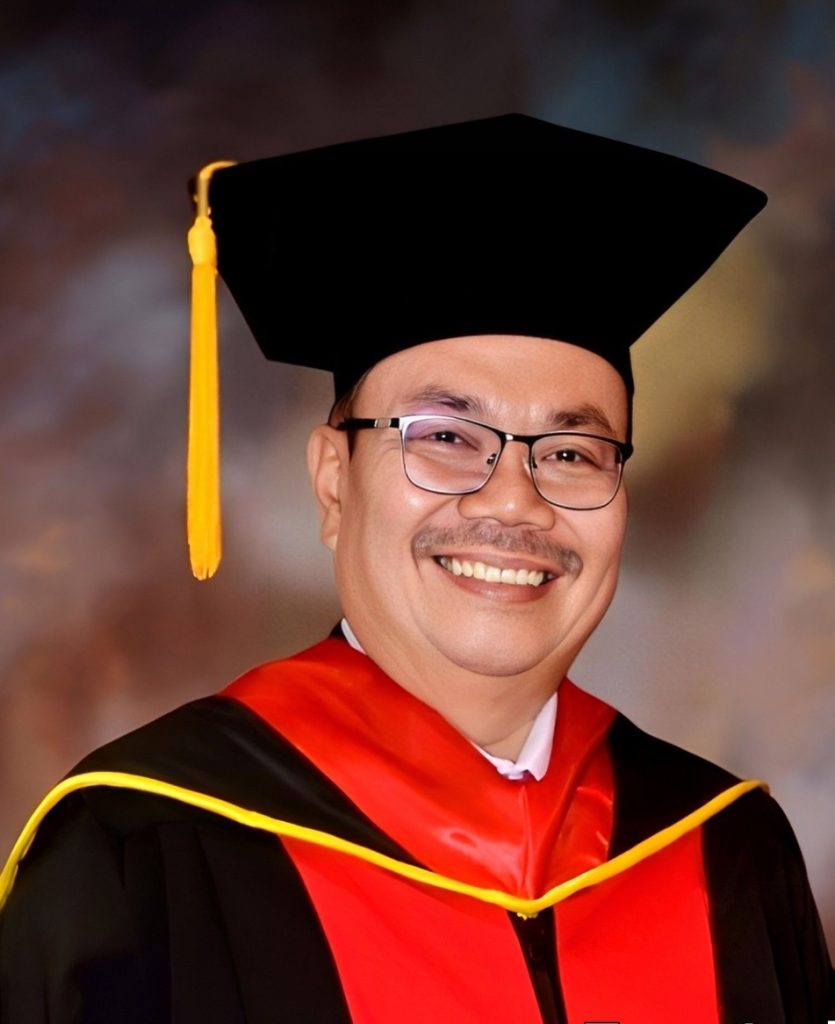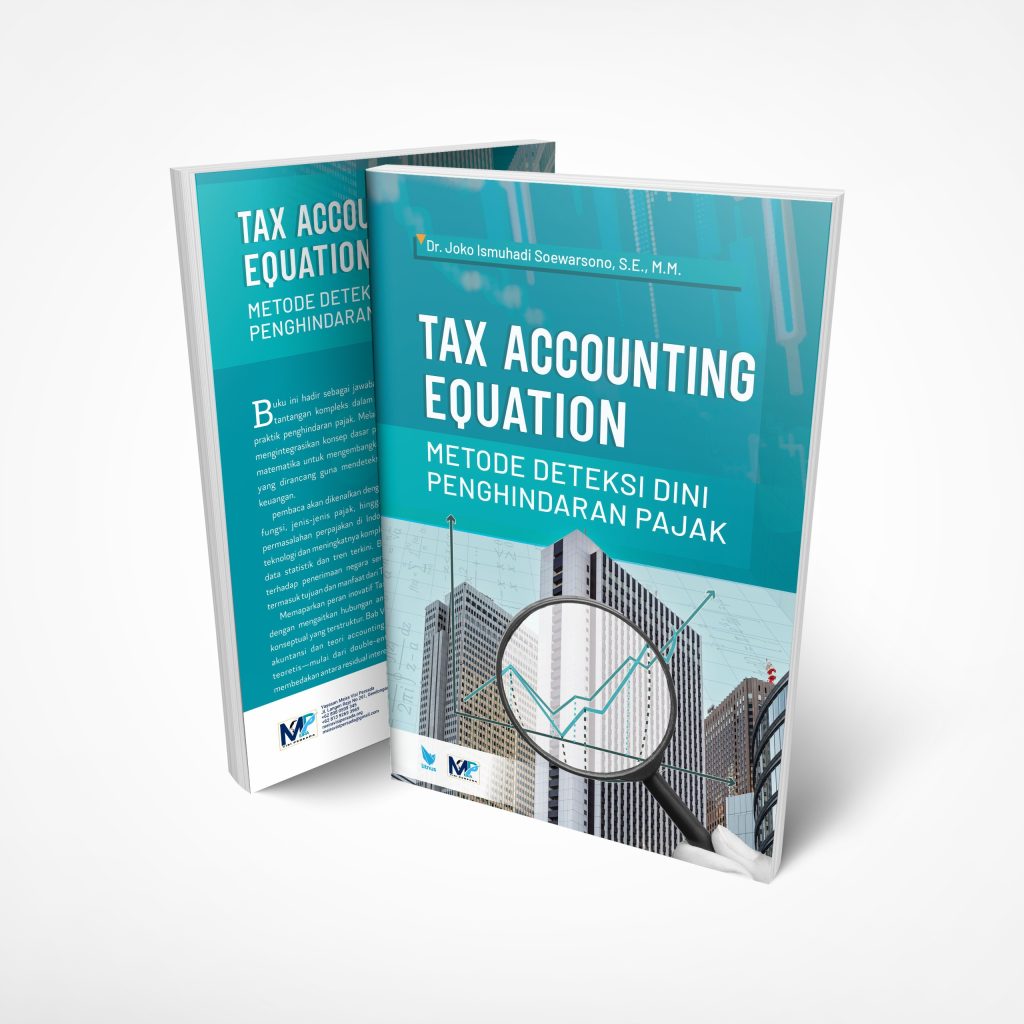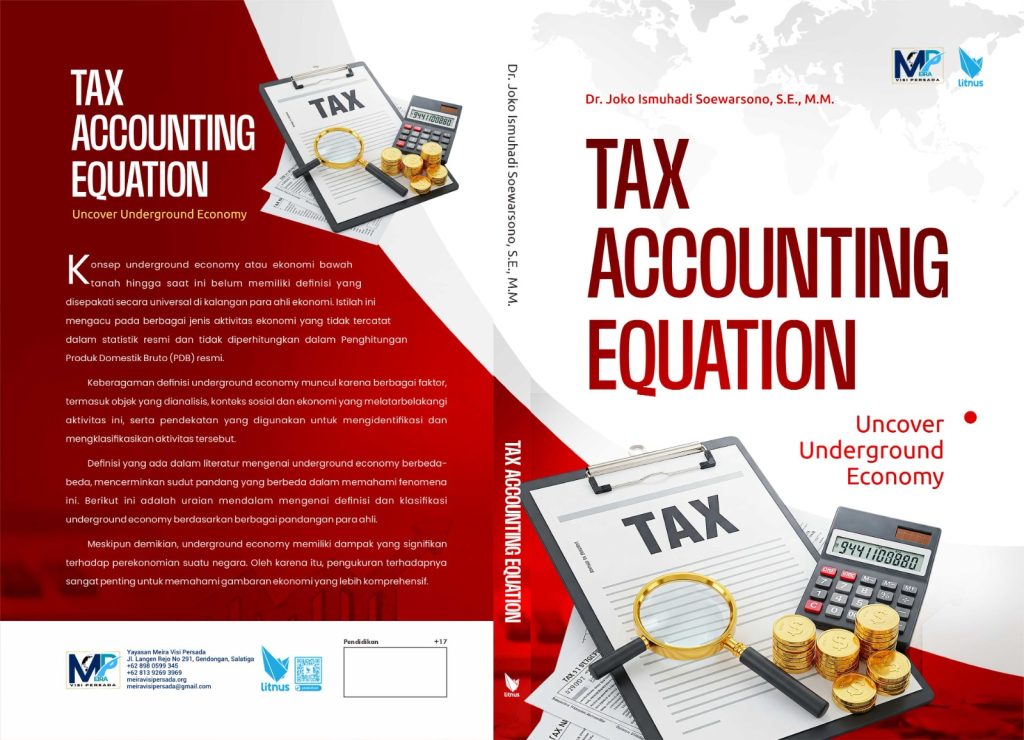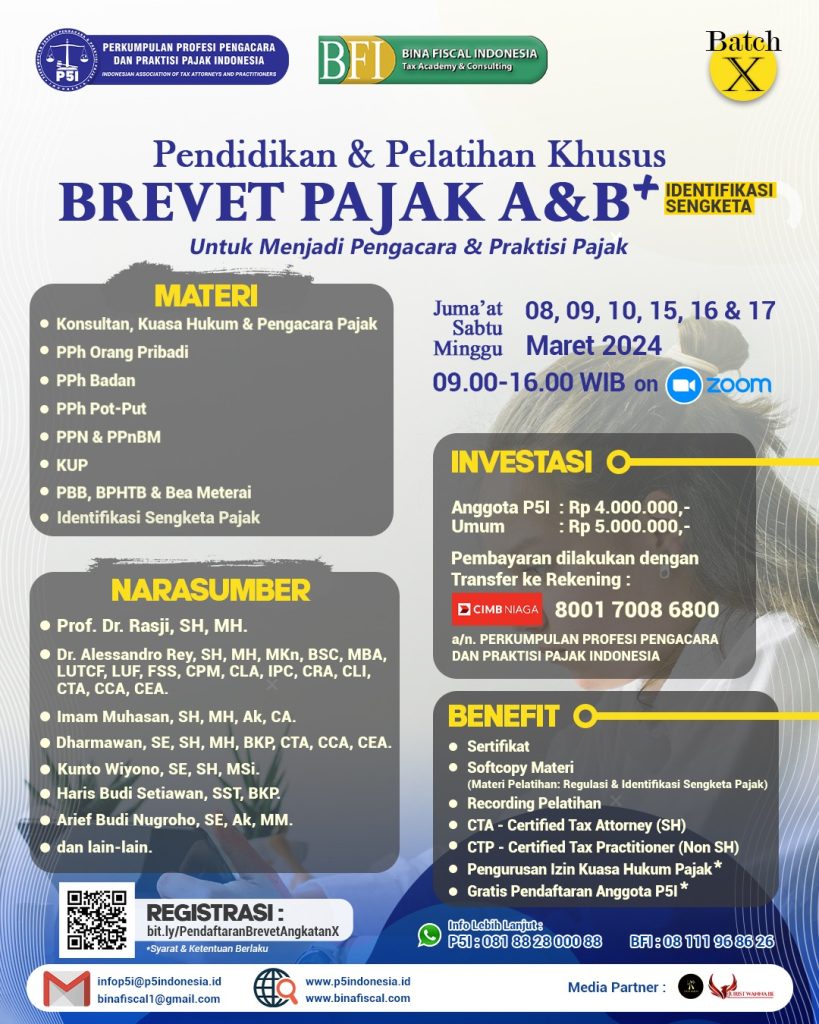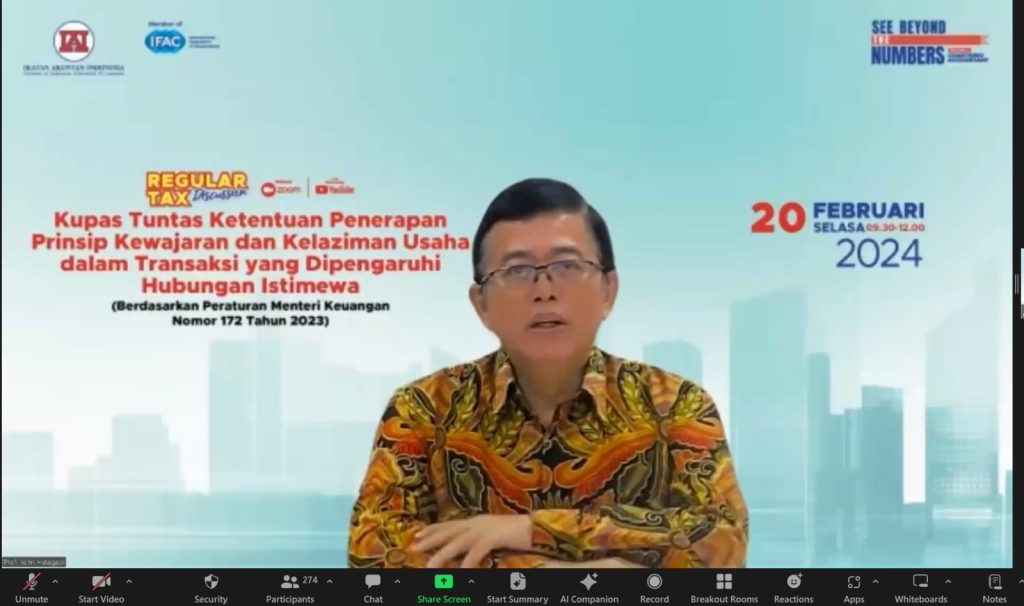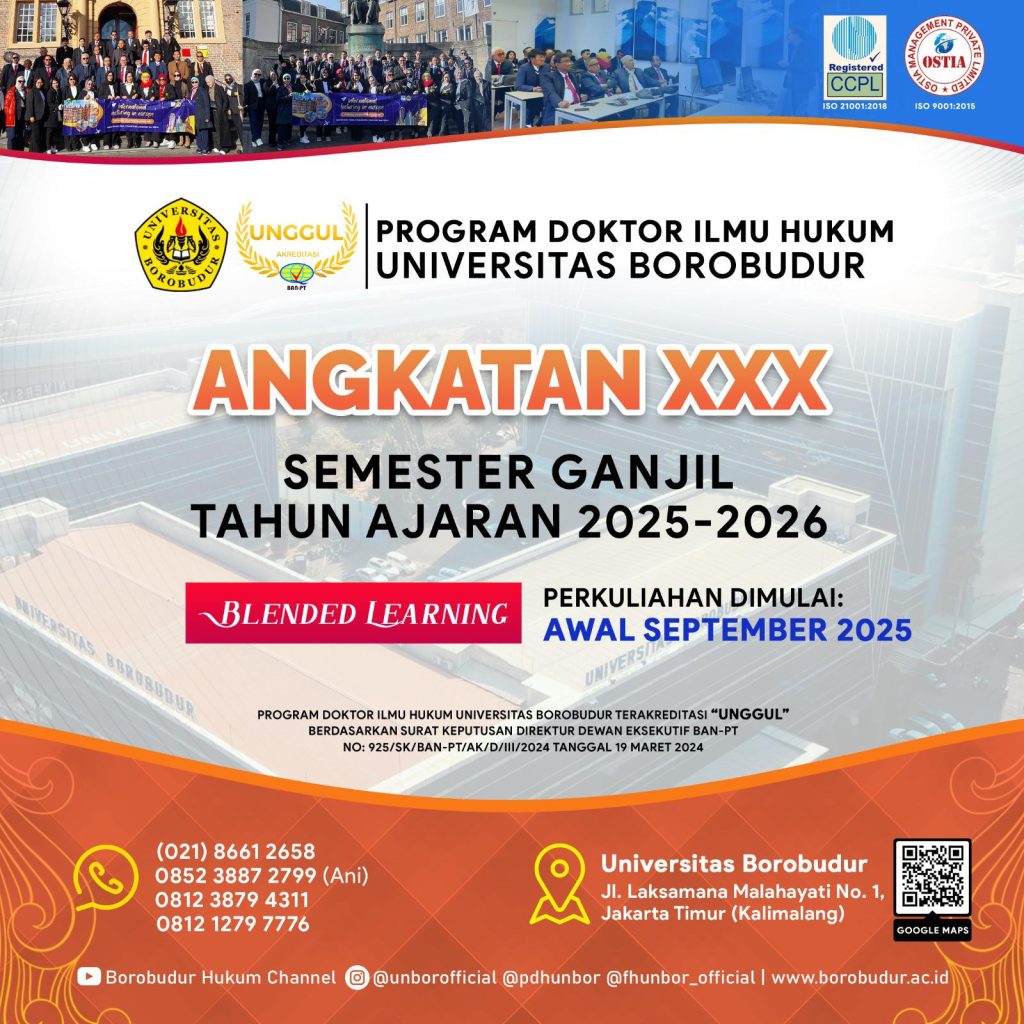
Back 2 Back Loan: Transactions People Are Confused.
- Ekonomi
Friday, 23 February 2024 06:22 WIB
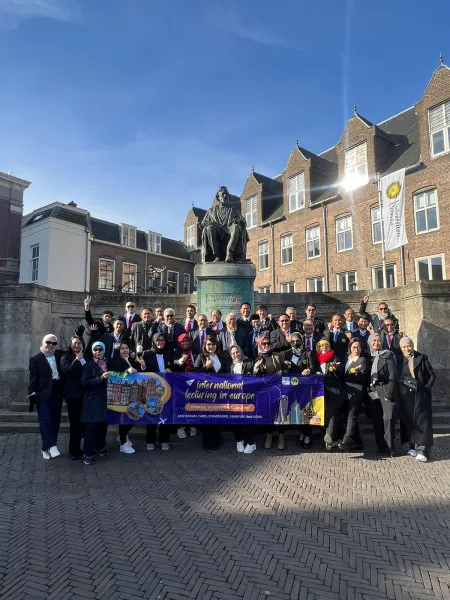
One time the author met an old friend who had not seen him for a very long time since I graduated from SMA Negeri I Krembung in Sidoarjo Regency, East Java. Are you fooled by fake investments?” He asked the author because I thought he understood financial science. I say, do you remember the Inong Melinda De case? A Citibank Customer Relationship Manager (CRM) involved in an investment fraud case at Citibank? This happens because many people in this country have money, but it doesn’t match their profile. So, the conversation is starting to get serious.
We know that Citibank has a reputation for helping tax evaders in the United States through Private Banking services (source: https://www.taxjustice.net/cms/upload/pdf/Citigroup_-_a_culture_and_history_of_tax_evasion.pdf); help and teach how to avoid and even evade taxes by creating a transaction scheme created by MBA people, aka resourceful people (sorry for those who have MBA degrees, not meant as an insult); (a friend of mine calls MBA a weak human being who relies on Allah). Indeed, there are those who say that intelligent people are leaders who are educated, if you think about it, there is some truth in that statement, yes. Just look at the conglomerates with not very high levels of education or maybe even only able to read, write and do arithmetic on an abacus, managing to have so many companies with thousands of employees who are paid at an educational level of Bachelor’s level up to the highest level of Doctoral degree as their subordinates. So it is true that intelligent people are really leaders who are educated people.
In tax science, there is a doctrine of Substance Over Form, namely a doctrine that in a complex transaction scheme we will look at the substance, not the formal form. I have also conveyed this to a close friend who is unfamiliar with financial science while joking, if at night in Taman Lawang there is a beautiful woman, be careful, lest she be a fake person, physically beautiful like a perfect woman, unknown to men. man. Likewise, when there was a polemic in society regarding the death of top artist the late (ah) Dorce Gamalama, when he was buried he was treated according to his true nature as a man, that is the layman’s understanding of the Substance Over Form Doctrine.
In Tax Crimes (Tipijak) as a predicate crime, many cases are found using the back to back loan mode, namely a transaction scheme created by Corporate Taxpayers with the help of Bridging Loan facilities, which is a type of loan for a short period of time, which used to obtain permanent financing or eliminate existing liabilities. Bridging Loans are temporary financing, which are used by individuals or collective business needs, to produce goods and/or services for which this debt is paid and repaid by the next line, be it raw material processing companies or distributor companies. With this transaction scheme, the Taxpayer tries to obscure the origin of the money received (cash basis) and/or acquired (accrual basis) which was originally revenues (income) which was a tax object into a new form which is not a tax object, namely disbursement of bank debt. . The process of creating this transaction scheme goes through 2 (two) stages, similar to the case of money laundering, namely first, carrying out reclassification (in accounting language, flipping the journal), namely the money from the sale is used to pay bank debts, and the second stage is carrying out recharacterization, carrying out disbursement of bank debts. . In this way, the money that was originally the result of sales as a tax object becomes a new form that is not a tax object, namely debt disbursement. The author calls this transaction scheme a back to back loan, day to day operation.
Because there is something that is being hidden and covered up, the Taxpayer must consciously create a new scheme that leads to the crime of money laundering (TPPU) from Tipijak proceeds, namely that the money from Tipijak is kept in the form of liquid securities, which can be in the form of time deposits, promissory notes and other highly liquid securities. These securities are kept and/or invested in the name of the BO (Beneficial Owner) or in the name of the parent company, which is then used as collateral (additional) in disbursing long-term or medium-term investment credit or used for new investment in business development, which we usually hear as “personal guarantee or corporate guarantee”.
The author’s paper received appreciation from the Head of the Tax Service Office (KPP) for the Big Four Taxpayers, Mr. Budi Prasetya, Head of the KPP at that time, which the author gave the title: Tax Accounting Equation (TAE): early detection tax avoidance and/or tax evasion( source: https://www.scribd.com/document/613000130/Tax-Accounting-Equation-TAE) with several case examples that can be used as a reference. In this paper the author develops basic accounting knowledge, Basic Accounting Equation (BAE) with a formula for sources and use of funds, namely: Assets = Liabilities + Equity. The author developed this basic accounting equation using a mathematical approach, Mathematical Rationality Approach, Mathematical Accounting Equation (MAE) to be as follows: Asset = Liability + Equity + {(Revenues – Expenses) – Dividend} which can be reversed mathematically to become: Asset + Dividends + Expenses = Liabilities + Equity + Revenues. The author uses this mathematical formula to test whether Corporate Taxpayers do not have a significant contribution in paying Corporate Income Tax or there is no additional Delta (change) in Equity from accumulated profits (Retained Earnings) and there has never been a declaration/announcement of dividend distribution to shareholders ( share holder), so that the mathematical formula above becomes: Revenues – Expenses = Assets – Liabilities or Profit and Loss Components = Balance Sheet Components, or the above equation can be written as: Revenues = Expenses + Assets – Liabilities. This equation fulfills the definition of Income in accordance with the provisions of Article 4 paragraph (1) of the Income Tax Law which states that “The object of tax is income, namely any additional economic capacity received (cash basis) or obtained (accrual basis) of the Taxpayer, whether originating from Indonesia or from outside Indonesia (worldwide income concept), which can be used for consumption (expenses) or to increase the wealth (assets) of the Taxpayer concerned, in any name and in any form (substance over form doctrine), including (positive list) and so on.” However, in this formulation it is never stated that income is additional economic capacity that can be used to reduce/pay/repay debts (liabilities). From the formula above, it is clear that Revenues = (negative) Liabilities, meaning that there is a tendency for Taxpayers to evade taxes by narrating that the money received is not a tax object because it comes from debt disbursement and not from sales proceeds which are a tax object.
The reason the author uses a mathematical approach is because firstly, accounting is actually an exact science, namely the science of mathematics, which was written by Luca Pacioli, the father of modern accounting, double entry bookkeeping (DEB), an Italian priest during the Renaissance in his book: “Summa de arithmetica , geometrica, proportioni et proportionalita” from a historical perspective; secondly, from a practical point of view, up to now the average or even all Corporate Taxpayers have utilized the sophistication of computer science which is based on the mathematical science of numbers. The binary number system makes it easier for accounting personnel to prepare financial reports, which we usually know as SAP or also known as the System. Application and Product in Data Processing is a system used to support activities that run in an organization automatically so that efficiency and productivity can increase efficiently.
For this purpose, the Taxpayer creates a back to back loan transaction for the predicate crime (predicate crime) and also a back to back loan for the subsequent crime (TPPU). Therefore, the author conveys that the author’s small book entitled: Tax Accounting Equation (TAE): early detection tax avoidance and/or tax evasion can be used as an early detection tool for Corporate Taxpayers committing tax avoidance and/or evasion.
The task of the Directorate General of Taxes (DGT) in the future is to immediately further develop this Substance Over Form Doctrine by developing the implementation of GAAR (General Anti Avoidance Rule), which is defined as anti-tax avoidance provisions in preventing or minimizing transactions that are solely carried out for the purpose of tax avoidance. or transactions that do not have business substance by taxpayers and tests are carried out on Corporate Taxpayers who are detected early making efforts to avoid and/or evade taxes by carrying out Business Purpose Tests on debt transactions owned by Corporate Taxpayers and implementing Focus Audit on Liabilities Companies carry out tax audits to test compliance with the obligation to pay taxes.
The author (promovendus) put the accumulated knowledge stored for more than 30 (thirty) years serving the DJP institution in the form of a dissertation so that it can serve as a reminder that promovendus was once part of this institution, in a dissertation promovendus entitled: “Legal Actions in Handling Tax Manipulation by Corporations in Tax Crimes with Money Laundering” under the very knowledgeable guidance and direction of Mr. Prof. Dr. Abdullah Sulaiman, SH., MH as Promoter and Mr. Dr. Ahmad Redi, SH., MH., M.Si, as Co. Promoter who always provides corrections and constructive suggestions, so that the results of this dissertation research are feasible and useful and don’t forget to convey many thanks to the very, very learned Mr. Prof. Dr. H. Mohammad Halilintar, S.E, M.M. as Chairman of the Borobudur Education Foundation in 1971 who gave the author the opportunity to study at the Law Doctoral Program at Borobudur University. Mr Prof. Ir. H. Bambang Bernanthos, M.Sc, Chancellor of Borobudur University as Chancellor of Borobudur University who has also given the author the opportunity to study at the Law Doctoral Program at Borobudur University. Mr Prof. Dr. Ir. Rudi Bratamangala, M.M., who provided guidance and direction in the dissertation examination. Mr Prof. Dr. H. Faisal Santiago, S.H., M.M., Director of Postgraduate Programs, concurrently Chair of the Postgraduate Law Doctoral Program at Borobudur University who has given the author the opportunity to study at the Borobudur University Law Doctoral Program. Mr. Dr. KMS Herman, S.H. M.H., M.Sc., as dissertation examiner and Prof. Dr. Henny Nuraeny, S.H., M.H., as an examiner from outside the Borobudur University campus, and Mrs. Dr. Darwati, S.H., M.H., as Secretary of the Law Doctoral Program at Borobudur University and Mrs. Ani Anabanu, Mas Lucky and Mrs. Nur Hidayah as well as all Class lahat”, it is never too late to seek knowledge, Continuing Education, school does not make you smarter but you become more aware of your shortcomings, at least there will be a crystallization of the knowledge provided by the lecturers to form a wiser and humbler character. (jis).
Jakarta, February 11 2024
Joko Ismuhadi Soewarsono*)
*) The author is a doctor candidate in the field of tax criminal law and a doctor candidate in the field of tax accounting.
Share
Berita Lainnya
PSSI Resmi Tunjuk Satoru Mochizuki Jadi Juru Taktik Timnas Wanita Indonesia
OPINI: Transfer Pricing dan Aspek Perpajakannya
Talk Show MORE: Bincang & Bijak Pajak bersama Profesor John Hutagaol
Pertapsi mempersembahkan Forum Group Discussion Series #21dengan topik: Aplikasi e-Bukpot Pasal 21 – Seri 2
Analysis of Financial Strategies for Taxable Income Reduction in Indonesia
Sorotan Terhadap Masa Depan Ekonomi Indonesia: ISNU Gelar Seminar Strategis tentang Urgensi Badan Penerimaan Negara
Dit PKP Selenggarakan Webinar Peningkatan Kompetensi Para Account Representatif
Rekomendasi untuk Anda

Berita Terbaru
Eksplor lebih dalam berita dan program khas fiskusnews.com
Tag Terpopuler
# #TAE
# #TAX ACCOUNTING EQUATION
# #TAX FRAUD
# #TAX EVASION

